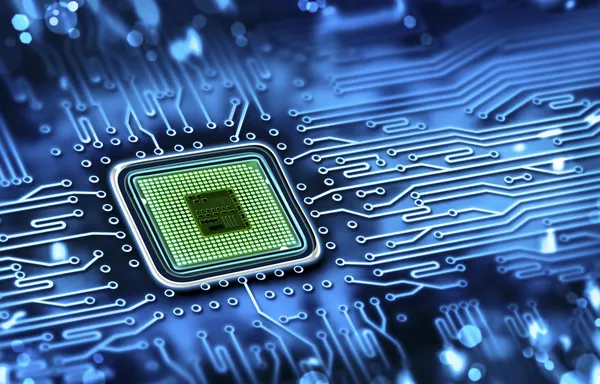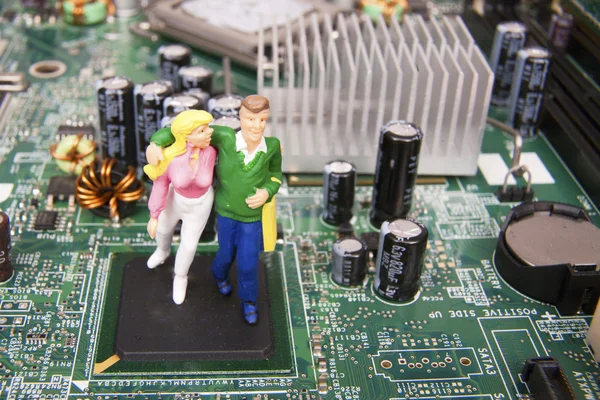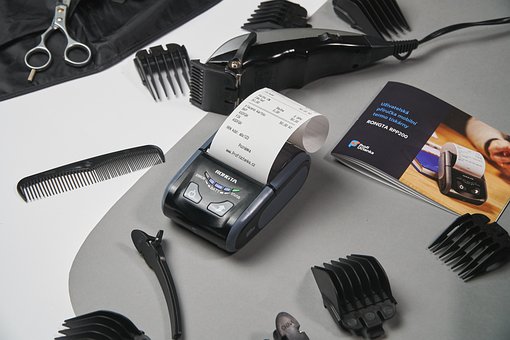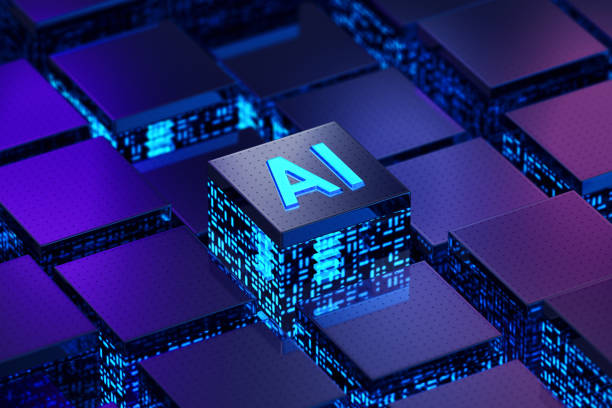Nigeria
ASML became the most powerful microchips company of the world. How they did this?
The article discusses ASML, Europe's most valuable technology firm that produces machines for making the most advanced computer chips in the world. The machines are designed to work at a very small scale and generate super fine extreme ultraviolet light to etch silicon with fine circuits, allowing electronic devices to have more processing power and memory while remaining the same size. Despite the strict security measures, the company provided a tour of its plant to explain the basics of its machines.
Advertisement

ASML is Europe’s most valuable technology firm due to its advanced technology in making the most advanced computer chips in the world. The machines they produce are subject to some of the most stringent corporate security in the world due to its effective monopoly in the industry. Despite this, a tour of the plant was given to provide insight into the basic workings of ASML’s machines.
The machines use lithography to build complex patterns of transistors on a silicon wafer. Light is projected through a blueprint of the pattern and shrunk using advanced optics before being etched onto a photosensitive silicon wafer. ASML’s most advanced machines can generate super fine extreme ultraviolet light, just 13.5 nanometres, allowing them to work at tiny scales.
The apparatus use extreme ultraviolet light to etch silicon at a fine scale, allowing more components to be packed onto a silicon chip for increased processing power and memory. The machines operate in a vacuum to prevent impurities from derailing the etching process. The technology is so advanced that ASML has become Europe’s most valuable technology firm and has a virtual monopoly on the market.

ASML’s machines are assembled in a clean and complex environment where even a single fingerprint can cause significant damage. One technician, Bram Matthijssen, wears gloves over gloves to ensure that no dust or fingerprints are left on the machines. ASML’s machines are designed to work at tiny scales and generate extreme ultraviolet light to etch silicon with fine circuits. This enables electronic devices to have more processing power and memory while maintaining the same size. The machines operate in a vacuum to prevent the tiniest impurities from derailing the process. The assembly of an extreme ultraviolet machine can take up to a year, and ASML delivered only 50 of its highest specification models and 400 machines in total last year.
Europe’s most valuable technology company: ASML is designs and manufactures the machines used to make the most advanced computer chips. The company’s machines generate super fine extreme ultraviolet light to etch silicon chips with increasingly complex patterns of transistors. Operating in a vacuum, the machines require an extremely clean environment to prevent impurities from derailing the etching process. The company’s effective monopoly on the technology has made it highly profitable, with sales of €21.2bn last year and a growing workforce. While competitors are expected to emerge, no true rival to ASML currently exists.
Being a critical component of the global electronics industry, faces challenges, particularly due to the rivalry between the US and China. China, which aims to produce the most advanced computer chips, requires ASML machines, but since 2019, the US has blocked the export of these machines to China. The US is determined to prevent China from catching up in chip technology, leading to concerns that the rivalry could affect the industry’s future development. Joris Teer, a strategic analyst at The Hague Centre for Strategic Studies, notes that the US has shifted its focus from having a few generations of technological advantage over its competitors to maintaining as significant a lead as possible.
The European company is caught in the rivalry between the US and China. China needs ASML’s machines to create advanced computer chips, but the US has effectively blocked ASML from exporting these machines to China since 2019. According to Joris Teer, a strategic analyst at The Hague Centre for Strategic Studies, the US is keen to prevent China from catching up in chip technology. Although there are reports of an agreement reached between Dutch and US authorities over ASML exports, the details have not been published. In the long term, ASML’s CEO Peter Wennink does not believe that export restrictions will harm the company’s business since the world needs the capacity to make semiconductors.
Trending Topics

Keystone Bank MasterCard: Learn More
Earn rewards for your purchases and redeem them for the things you love with Keystone Bank MasterCard.
Keep ReadingYou may also like

Recomendador – Deutsche Bank Nigeria
Deutsche Bank Nigeria is a subsidiary of Deutsche Bank AG, a leading financial services company. See new things.
Keep Reading


